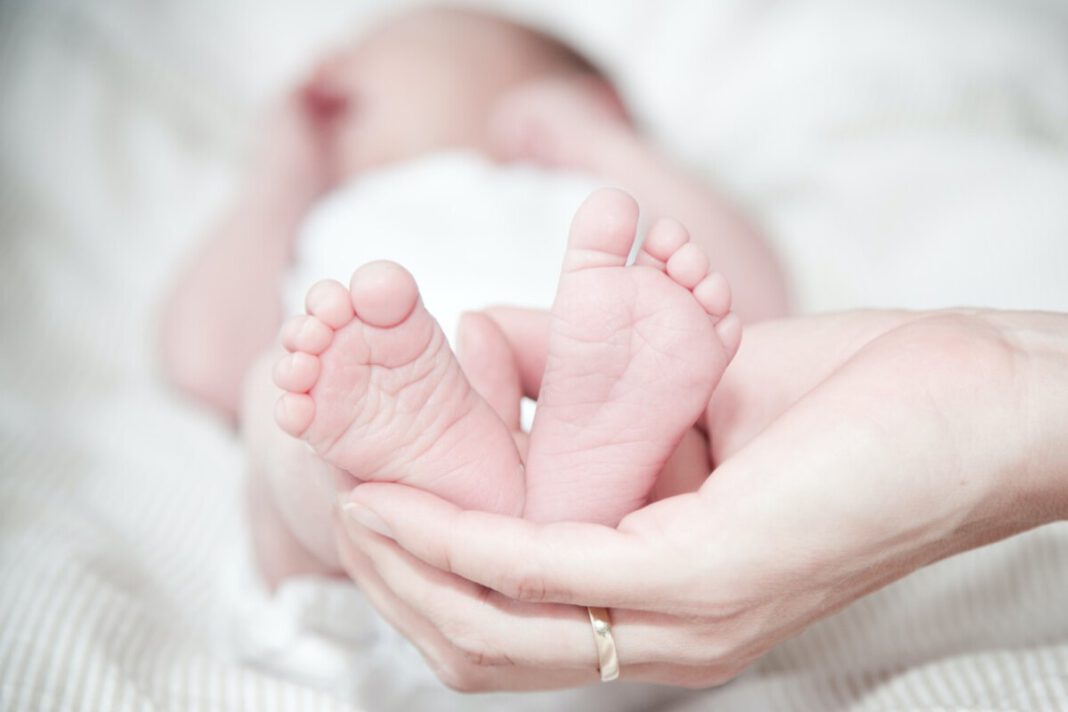Homebirth culture has been added to the list of Dutch intangible heritage. According to the Netherlands Intangible Heritage Knowledge Centre (KIEN), there is nowhere else in the Western world that do at-home deliveries on such a large scale.
Nominated by the Royal Dutch Organisation of Midwives (KNOV) and the Dutch Professional Association for Maternity Nurses (NBvK), the organisations see homebirths as a part of the Dutch identity and culture.
These midwives, maternity nurses, and expectant parents want to safeguard the practice of Dutch homebirths for cultural and medical reasons. Their objective is “to prevent a natural process from being unnecessarily medicalized and to interpret the medical and cultural values of the home birth.”
The distinctiveness of homebirths in the Netherlands
Today’s popularity of homebirth culture in the Netherlands stems from “a series of legal-medical decisions, which enabled a separate branch of obstetrics and maternity care to be guaranteed.” This combination of care ensures that a woman is properly guided from the start of the pregnancy until well after birth.
READ MORE | Motherhood in the Netherlands: what you can expect if you aren’t Dutch
The KIEN says that although it’s possible to give birth at home safely in other parts of the world, in the Netherlands, the freedom to choose where the delivery takes place is a core value based on “a number of immaterial cultural values such as ‘autonomy/we determine ourselves’, a ‘natural process’, and ‘being at home’.”
Early in the twentieth century, Dutch law established the autonomous power of the midwife. They were trained as independent medical practitioners. This allowed them the freedom to supervise deliveries at home, whereas in other Western countries, birthing care fell under the responsibility of doctors.
Safeguarding the cultural heritage
According to the KIEN, the popularity of homebirths in the Netherlands has been dwindling in recent years. To protect the cultural integrity of delivering at home, they’ve developed a set of security actions. They aim to counterbalance fear among expectant parents and provide accurate information about the home delivery process.
READ NEXT | 4 reasons why Dutch kids are happier than American kids
They also wish to promote homebirth as “part of the Dutch immaterial culture and indicate the importance of the underlying values, namely: freedom of choice, autonomy, ‘being at home’ and not medicalising unnecessarily.”
Additionally, KIEN says that the maternity care profession has a “somewhat dusty image” and they want to make it more attractive to the new generation by improving the perception around it.
What do you think of homebirth culture in the Netherlands? Tell us your thoughts in the comments below!
Feature Image: Rene Asmussen/Pexels


